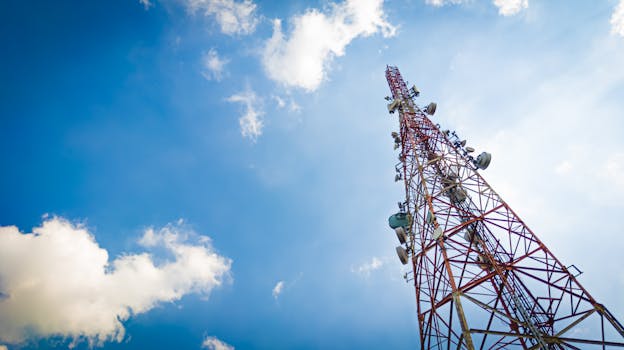Unlocking the Power of GEO Satellites: Revolutionizing Global Communication

GEO Satellites: The Backbone of Global Communication
GEO satellites, or Geostationary Earth Orbit satellites, are a type of satellite that orbits the Earth at an altitude of approximately 36,000 kilometers, remaining stationary above a fixed point on the equator. This unique positioning allows GEO satellites to provide continuous coverage of a specific region, making them ideal for a wide range of applications, including telecommunications, television broadcasting, and navigation.
At the beginning of the GEO satellites era, the main focus was on providing GEO satellites services for television broadcasting, but over time, their role has expanded to include a broad range of services, such as mobile communications, internet connectivity, and weather forecasting. Today, GEO satellites play a vital role in global communication, connecting people and communities across the globe.
The Benefits of GEO Satellites
One of the primary advantages of GEO satellites is their ability to provide high-speed internet connectivity to remote and underserved areas. By beaming internet signals to these regions, GEO satellites can help bridge the digital divide, enabling people to access vital information, education, and economic opportunities. Additionally, GEO satellites can provide backup connectivity during natural disasters or network outages, ensuring that critical communication services remain available.
GEO satellites are also used for television broadcasting, allowing programs to be transmitted to a wide audience across the globe. This has enabled the global dissemination of news, entertainment, and educational content, promoting cultural exchange and understanding. Furthermore, GEO satellites are used for navigation purposes, such as GPS, which has revolutionized the way we travel and conduct business.
Applications of GEO Satellites
GEO satellites have a wide range of applications, including telecommunications, television broadcasting, navigation, and weather forecasting. They are used by governments, businesses, and individuals to provide critical communication services, such as voice, data, and video transmission. GEO satellites are also used for disaster response and recovery, providing emergency communication services during natural disasters or humanitarian crises.
In addition to their practical applications, GEO satellites have also enabled significant scientific discoveries. For example, they have been used to study the Earth’s climate, monitor ocean currents, and track weather patterns. By providing a unique perspective on the Earth’s systems, GEO satellites have helped scientists to better understand our planet and its complexities.
The Future of GEO Satellites
As technology continues to evolve, the role of GEO satellites is likely to expand even further. Next-generation GEO satellites will offer even higher speeds, greater capacity, and more advanced services, such as ultra-high-definition television and internet connectivity. Additionally, the development of new satellite constellations, such as low-Earth orbit (LEO) satellites, will provide even more opportunities for global communication and connectivity.
However, the deployment of GEO satellites also raises important questions about sustainability, regulation, and security. As the number of satellites in orbit increases, there is a growing risk of space debris, collisions, and interference. Therefore, it is essential to establish clear regulations and guidelines for the deployment and operation of GEO satellites, ensuring that they are used responsibly and sustainably.




